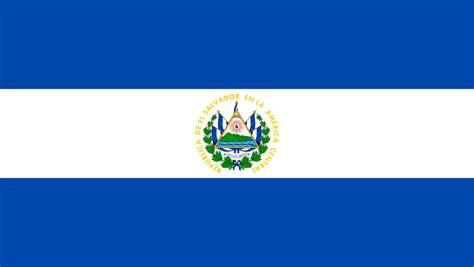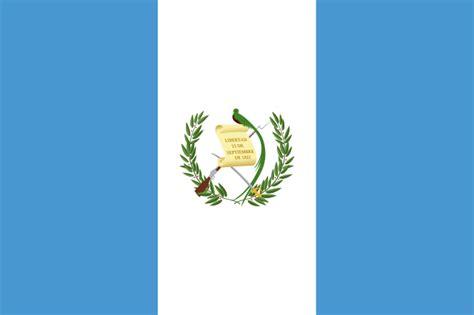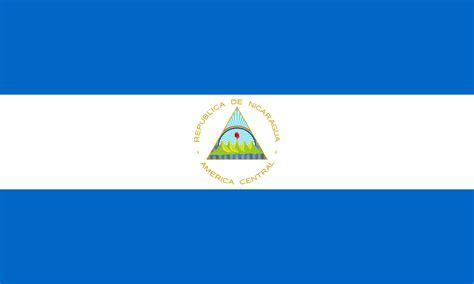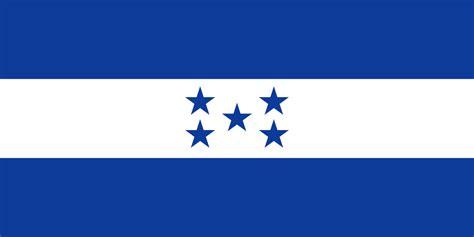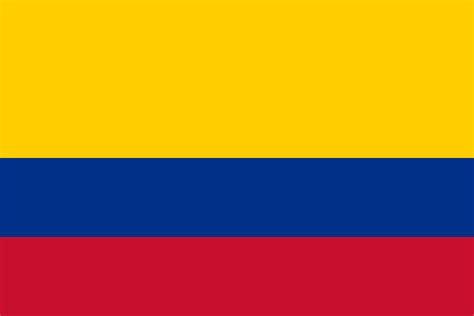President-elect Xiomara Castro has not been sworn in yet, but her administration already faces its first major crisis. Just days before Xiomara Castro’s Jan. 27 inauguration as president of Honduras, her party Libre split over the congressional vote, as some members of National Congress aligned with her political opponents of the National Party and Liberal Party to support Jorge Cálix, a dissenting member of the Libre party, as president of the National Congress. It is a preview of the tumult that may await the transition out of 12 years of post-coup rule under the National Party, unlikely to willingly loosen its grip on power given that many prominent members face potential corruption or drug trafficking charge. As of Monday afternoon, Honduras still had two parallel Congressional leaderships, both under suspicion of illegality, a sign that does not bode well for the stability for the first days of Castro’s presidency.
- Home
- About Us
- Issues
- Countries
- Rapid Response Network
- Young Adults
- Get Involved
- Calendar
- Donate
- Blog

